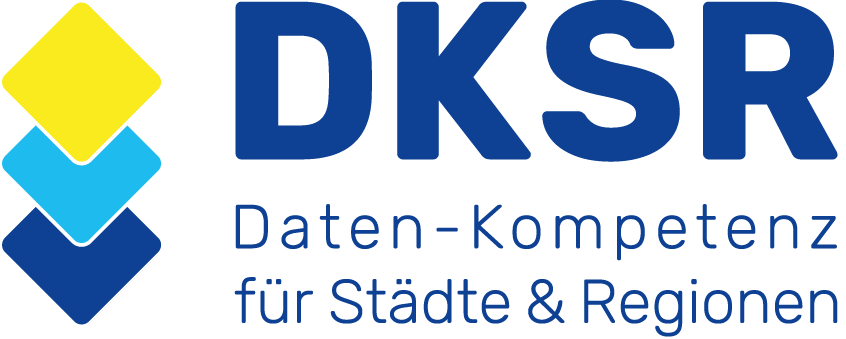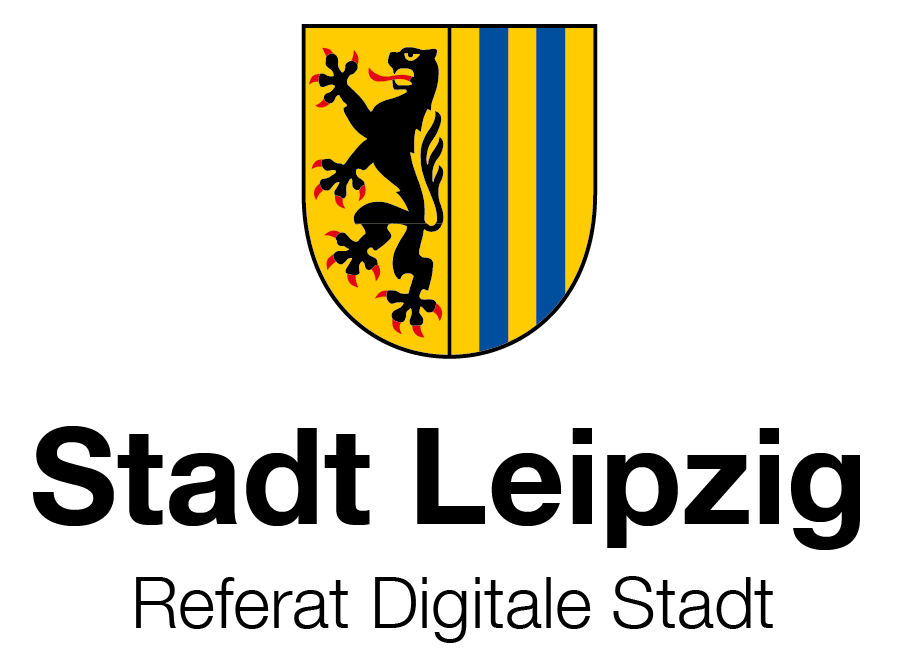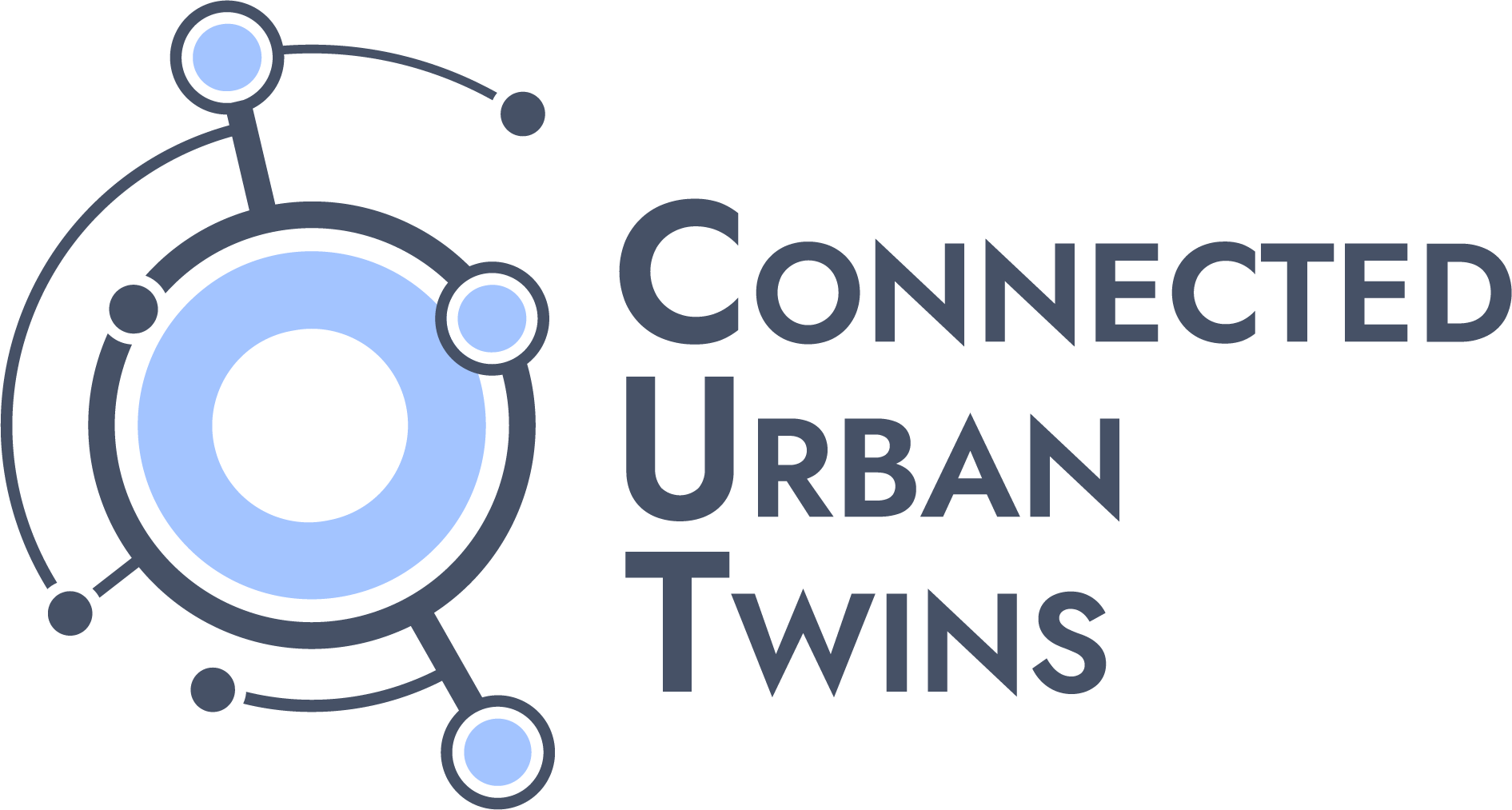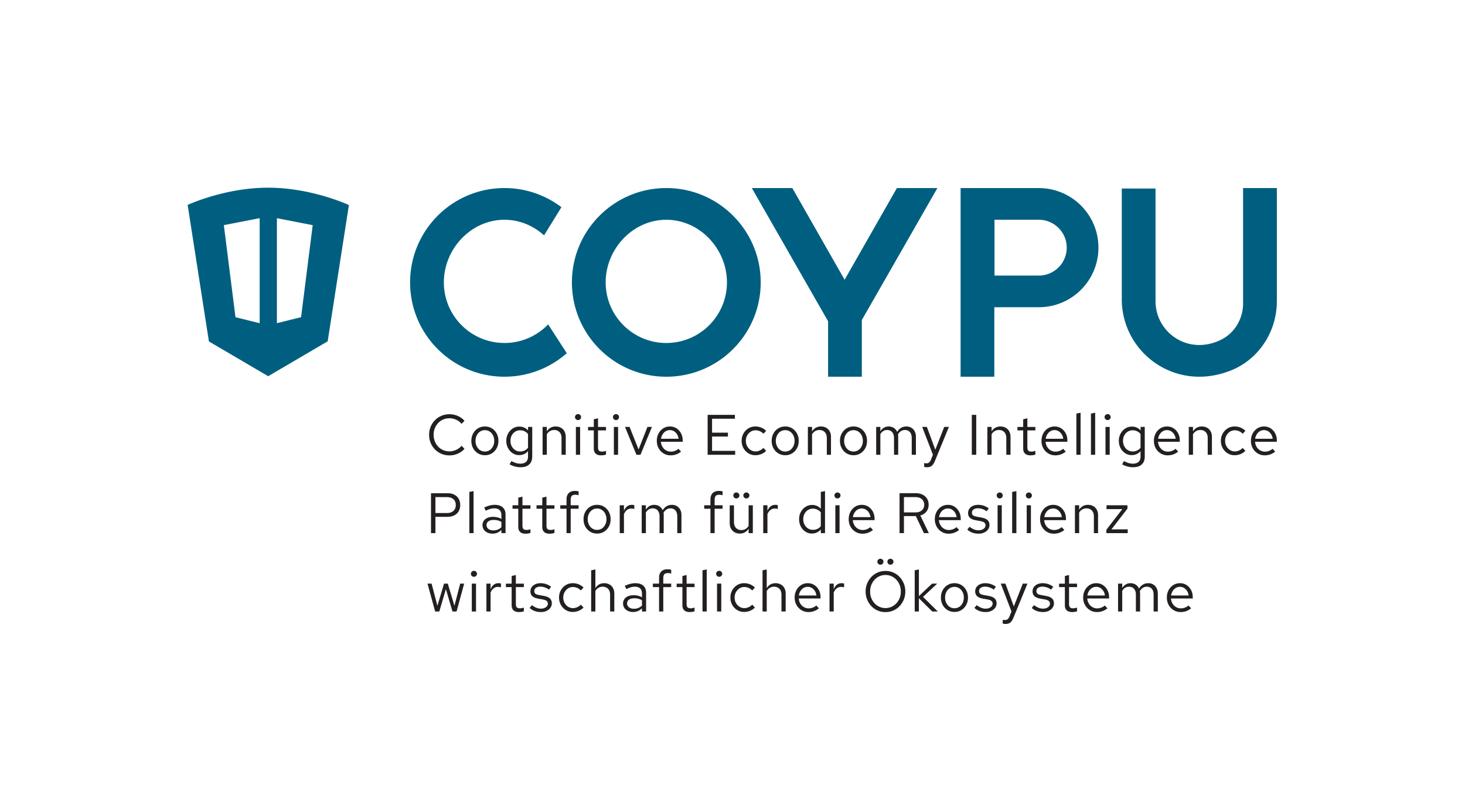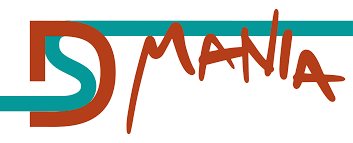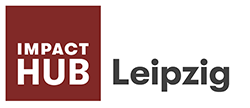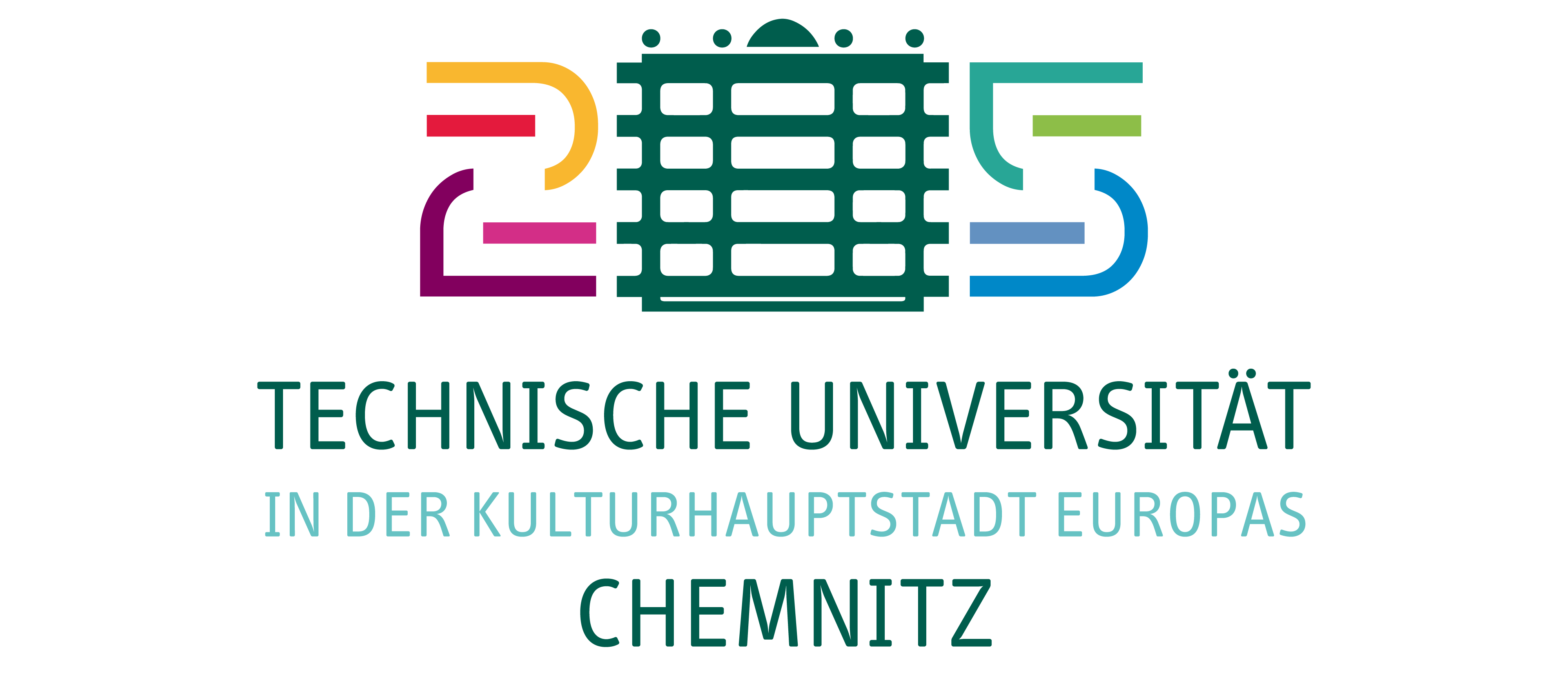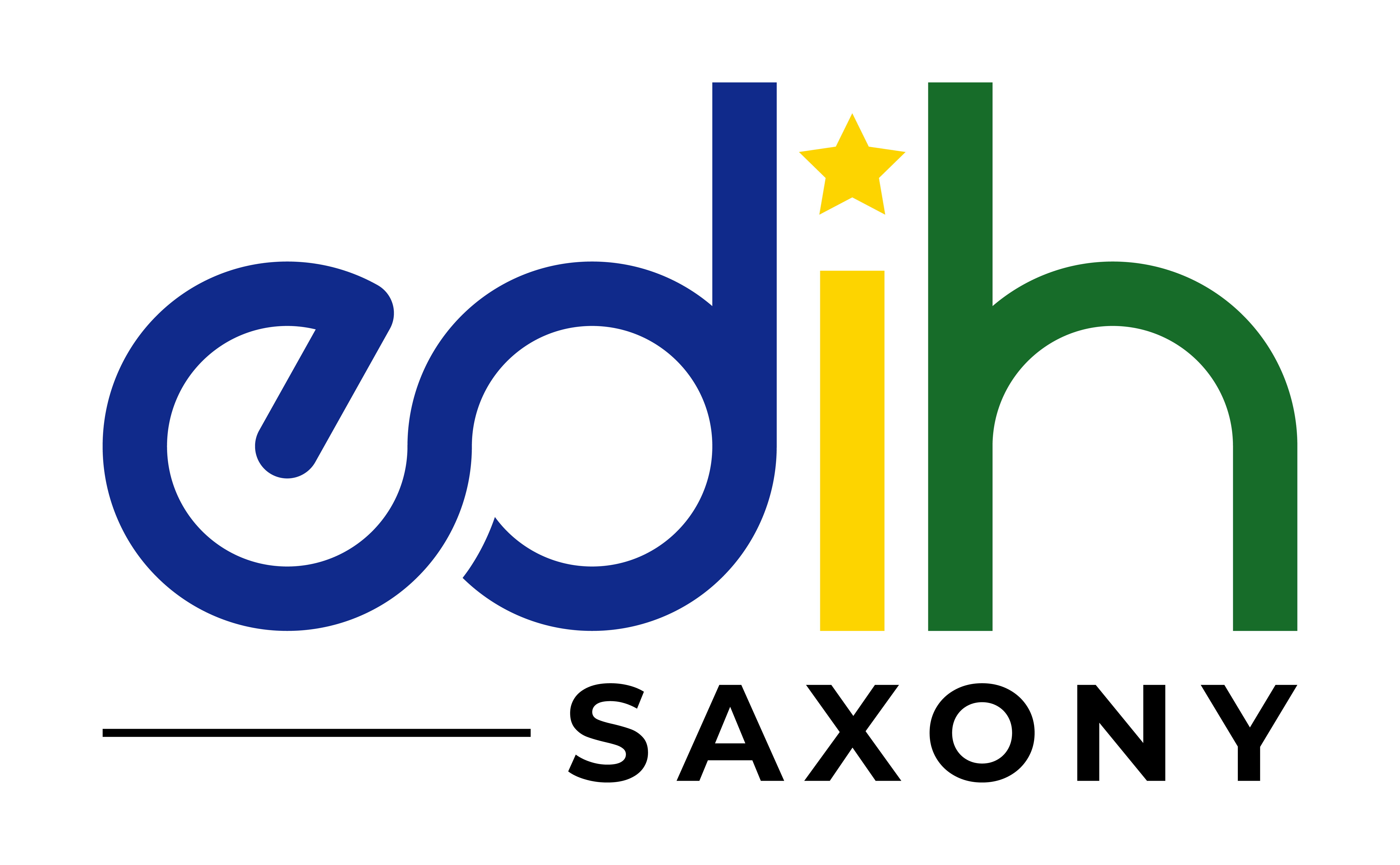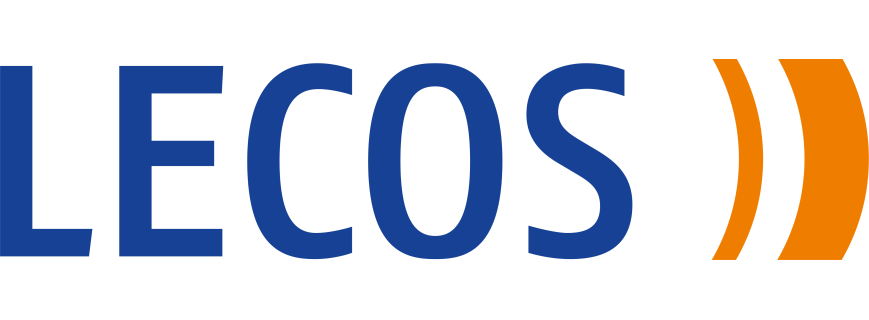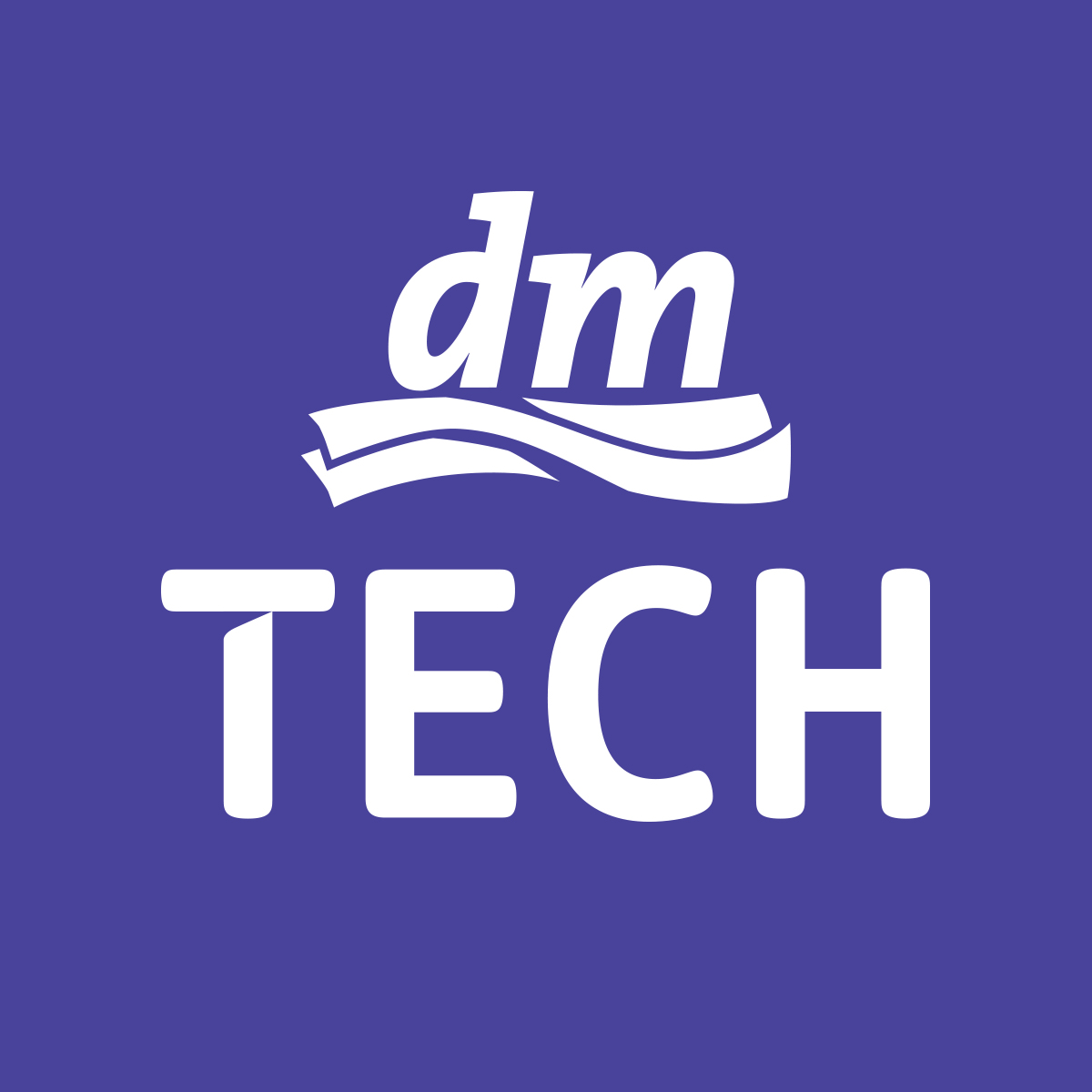The Program
08:30
Admission
- | Wandelhalle |
09:30
Opening 
- | Sitzungssaal | German
Chair: Linda Drescher
-
Prof. Dr. Michael Martin
(University of Technology Chemnitz) and
Ingolf Römer
(Institute for Applied Informatics): Opening by the Data Week organizing team
- Ulrich Hörning (City of Leipzig/Citizen Services and Administration): Welcoming address
- Thomas Schmidt (Sächsisches Staatsministerium für Regionalentwicklung): Welcoming address
- Prof. Dr. Matthias Middell (Leipzig University): Welcoming address
10:00
Keynote
- | Sitzungssaal | German
Green Data, Green Future: Can AI Save Us? 
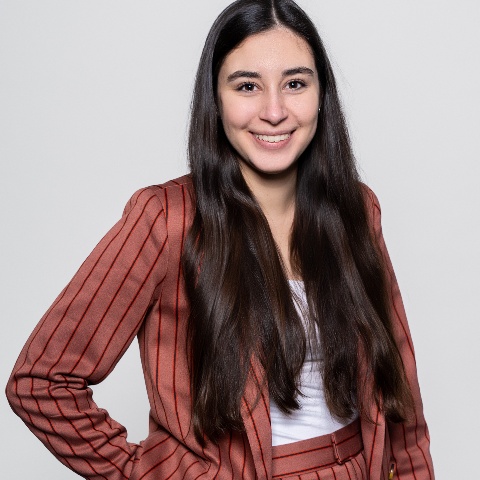
Jolanda Gallas Telekom MMS
Vita
With a combination of passion, empathy and creativity, Jolanda is committed to sustainable digital transformation. She has eight years of professional experience at Deutsche Telekom, the leading driver of digitalisation. She has supported projects relating to digitalisation, change management and sustainability for both internal and external customers of Deutsche Telekom. As a Digital Sustainability Consultant, she strives to use current digital trends to promote sustainability while making digitalisation more environmentally friendly. Her expertise spans across various areas in sustainability management, circular economy and sustainable business models
The opening keynote will challenge the apparent opposition between AI and sustainability and show how these two areas can go hand in hand. Under the motto “Green Data, Green Future: Can AI Save Us?”, it will shed light on what AI and sustainability have in common: Both require a reliable data basis. But how can this data be provided and what needs to be considered when AI is used for sustainability? The thesis of the keynote: Linking data, AI and sustainability opens up a wide range of opportunities to jointly shape a future worth living in and make a positive contribution to environmental protection. Because as the motto “Connecting people - using data” of the Data Week promises, it is people who make the difference. The audience of this keynote will learn examples of what it can look like to take on responsibility in the digital world!
10:30
Coffee break
- | Wandelhalle |
Posters and Stands
11:00
Digital solutions for mobility & urban development
- | Sitzungssaal | German
Chair: Linda Drescher
-
Lucy Schmidt (City of Leipzig/Geodata infrastructure) and Sebastian Graetz (City of Leipzig/Digital City Department): Potentials and use cases of road traffic with vehicles from the Leipzig city cleaning service - diGuRaL project
Project “diGuRaL - Digital design of urban space in Leipzig” - Intelligent use of sensor technology in Leipzig city cleaning vehicles. Opportunities and challenges in the use of sensor technology, data protection requirements and training of AI for the automatic recognition and evaluation of traffic signs.
-
Marcel Graef (Sedenius Engineering GmbH): Presentation of the MoVMi project - Modeling inner-city traffic volumes as a data basis for micrologistics and autonomous transport - MoVMi
The aim of the MoVMi project is to create a transparent data basis for estimating the effectiveness of micrologistics in inner city areas. This is made up of existing data, data from a survey, synthetically generated data from a simulation and finally the results of a fusion of these within a logistics simulation, which has these as input parameters. Therefore, a survey was conducted to record the logistics requirements. At the same time, a simulation is used to generate a movement model for autonomous transport vehicles, which contains the transport speed depending on various application parameters. Finally, a logistics simulation is created based on this, which can be used to estimate the required number and type of transport systems.
-
Carolin Schuller (SONAH) and Felix Muhl: Park IT project - sensor recording of parking space occupancy
The Park IT project - the recording of parking space occupancy at selected P+R locations using sensor-based measurement technology - was implemented with the primary aim of increasing the utilization of existing P+R locations. The functional requirements included the recording of the occupancy status, the evaluation of usage over time and the precise localization of parking spaces. The current occupancy data is published via the LeipzigMOVE app from Leipziger Verkehrsbetriebe.
12:30
Lunch break
- | Wandelhalle |
Posters and Stands
13:30
The question of responsibility - AI and its consequences
- | Sitzungssaal | German
Chair: Linda Drescher
-
Dr. Nico Scherf (Max Planck Institute for Human Cognitive and Brain Sciences): Machine Cognition: A look into the artificial neural network.
Our goal is to better understand how exactly artificial intelligence (AI) represents and processes information in order to solve tasks. We use methods from cognitive neuroscience to investigate the functioning of AI similar to that of the human brain. Using “virtual imaging”, we examine in particular the forms of activation patterns in artificial neural networks.
-
Dr. Elisa Maria Entschew (Federal Environmental Agency): AI & ethics - when Curly Fries and Hello Kitty reveal your gender identity, alcohol consumption and relationship status
AI ethics is about grey areas and therefore about decisions that are not 1 or 0: How do we combine human values with artificial intelligence? What is “ethics by design”, algorithm ethics and data ethics? And why is AI often a mirror of humanity?
-
Dr. Ninette Florschütz (Mittelstand-Digital Zentrum Ilmenau): How AI is changing the communication culture of companies.
The use of artificial intelligence (AI) can have a variety of effects on corporate communication and relationship culture, depending largely on how it is implemented, used and accepted in an organization. In addition to increased efficiency, personalization and employee engagement, undesirable consequences based on mistrust, uncertainty, distance or resistance can also be expected. The presentation discusses possible consequences of AI-initiated change processes and suggests ways of conscious handling and open communication in order to promote the positive effects and overcome potential challenges.
15:00
Coffee break
- | Wandelhalle |
Posters and Stands
15:30
Digital rights - solving global challenges locally
- | Sitzungssaal | German
Chair:
Dr. Beate Ginzel
(City of Leipzig/Digital City Department)
Digital rights encompass a range of principles and standards that aim to protect and promote individual freedoms in the digital world, such as data protection, freedom of expression, access to information and digital inclusion. As the consideration of digital rights - also by municipalities - is becoming increasingly important, cities around the world are looking for solutions. In some cases, this is being done jointly in international networks. In this panel, we will discuss with experts from public administration and civil society how cities can succeed in promoting digital rights and an inclusive, transparent and fair digital society.




